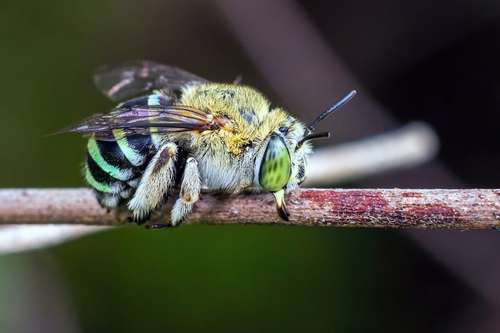The Blackchin Tilapia has invaded Thailand ecosystem, wreaking havoc on both the economy and environment. This invasive species has spread its dominance to over 17 provinces with their rapid reproduction and adaptability.
With this invasion, the government has decided to fight the menace as it poses a threat to the delicate ecosystem and aquaculture industry.
Tilapia Terrorist: The Fish Eating Thailand
The invasion of Thailand by the Blackchin Tilapia is majorly due to their high appetite, presenting a huge challenge to the Thai ecosystem. This appetite makes the Tilapia feed on the smaller fish, snail larvae and shrimps in the ecosystem.
While this could have been better managed if they were limited to a single environment, the fish’s adaptability to diffrent habitats makes it impractical. Other things they are capable of include;
- Depleting native populations
- Disrupting the food chain
- Damaging habitats and ecosystems
- Impacting livelihoods of people dependent on aquaculture
This high level of adaptability and resilience further makes curbing this issue tougher thereby necessitating immediate action.
Ground Zero
How did all of these unfold? According to rumors, it all started from an experiment that went wrong. Apparently, a food processing company, Charoen Pokphand Food (CPF) had imported about 2000 Blackchin Tilapia from Ghana for research.
They claimed that the current invasion of Blackchin wasn’t their fault, as all the tilapia they imported died and were all buried. However, the first cases of Blackchin Tilapia invasion was reported in 2012, with some said to have been sighted near the CPF laboratory. Coincidence? Maybe, maybe not!
Control Efforts: Fishing for a Solution
In a bid to stop the rampage by the Thailand Alien Tilapia fish, the Thai government announced a set of measures to combat this invasion. For one, they placed a bounty of 15 baht on each kilogram of Blackchin Tilapia caught.
This move was done in a bid to encourage the public to participate in eradicating and controlling the widespread invasion of this Tilapia species. Well, for the people, this seems like an interesting way to make money and also get a meal, so of course, they have begun hunting in droves.
Another way the government has put in place to tackle this is by releasing the Tilapia’s natural predators, the Asian Seabass and long-whispered catfish. They have also started working with scientists to create a modified species of the Blackchin tilapia. These modified fish will produce sterile offspring that would help disrupt the reproductive cycle of the Blackchin Tilapia.
Reeling in the Consequences
Since the move to stop the widespread invasion of the Blackchin Tilapia in Thailand began, the results have not been very significant. As a matter of fact, experts had declared it a lost battle, and this was in consideration of the fish’s swift ability to reproduce and high level of adaptability.
Experts believe that the measure put in place may only slow down their spread, but whether it will be able to totally eradicate them is not a certainty, hence the projection that this may be a battle that will go on for years.
Final Thoughts
Although the fight against this fish species seems like a waste of time, it is needed to keep their spread at bay. The efforts are not unimportant as they play a role in safeguarding the environment and economy. Ultimately, this situation is an example of what happens when non native species are introduced to an environment.




